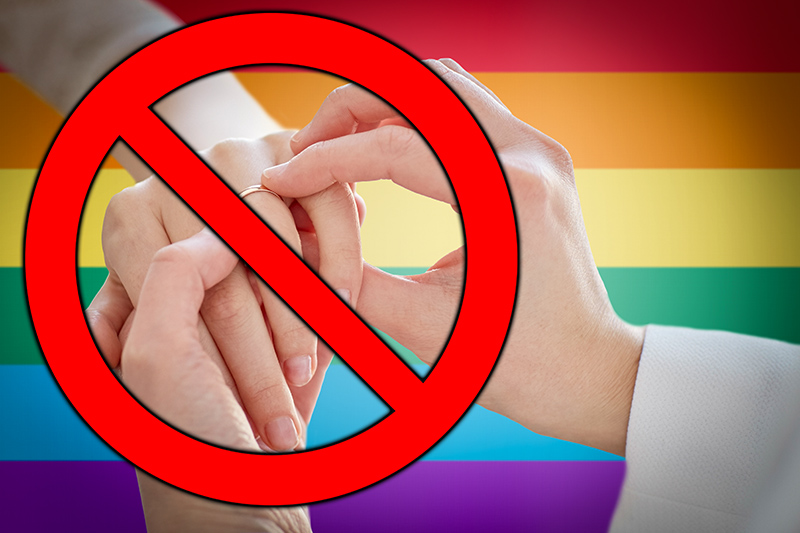Utah Republicans want phones to automatically block porn
Plans to force every new device to block pornography could impact general LGBTQ content

Republicans in Utah are advancing legislation that would require all new phones to come with a porn filter installed.
If signed into law by Gov. Spencer Cox (R), the GOP-sponsored bill would require smartphones and tablets manufactured after Jan. 1 to “automatically enable a filter capable of blocking material that is harmful to minors.”
The bill would allow adults to deactivate the filter for specific content, but would also allow for lawsuits against manufacturers who refuse to implement the filter.
Critics have slammed the proposal, arguing that it would infringe on free speech rights and likely lead to legal challenges from tech companies.
Should Gov. Cox sign the bill, it wouldn’t take effect unless five other states approved similar measures. That’s not an unlikely scenario, given Utah conservatives’ last attempt to tackle pornography.
In 2016, the state declared porn a “public health crisis,” which led to more than a dozen states passing similar declarations, the Associated Press reports.
Utah also required print and online pornography to carry warning labels telling those accessing it that it could be harmful to minors.
State Rep. Susan Pulsipher, a Republican who sponsored the legislation, admitted that even if the bill is signed into law and approved in five other states, it would still not prevent children from accessing adult content.
“A child that wants to find it and tries to would probably be able to still,” she said. “It’s just one step in the right direction.”
The American Civil Liberties Union of Utah called the legislation overreach and noted that parental filters “already exist” on devices, adding that “every Utah parent can decide the level of access for their children.”
Utah Republicans’ attempts to filter pornography on smartphones — presumably to stop so many Utahns searching for lesbian content on Pornhub — could also have negative consequences for non-pornographic content related to LGBTQ issues.
The ACLU has previously warned that filters designed to screen out adult content in schools can block websites providing information and advice about LGBTQ issues, but in some cases still allow access to “pray away the gay” websites.
In 2019, LGBTQ content creators on YouTube sued the video sharing platform alleging that it was restricting adverts on videos with LGBTQ content.
One creator told Rolling Stone that his benign videos had been demonetized for allegedly containing “content isolated for the sole purpose of sexual gratification.”
Twitter and Tumblr have also been accused of censoring content tagged as being LGBTQ.
Tumblr’s “Safe Mode,” introduced in 2017, claimed to hide “sensitive content” from those who had activated the filter — but instead censored LGBTQ content, regardless of whether it was adult in nature.
Read More:
Civil rights, women’s rights groups back Equality Act ahead of Senate hearing
Montana man gets cited for harassing gay neighbor over anti-Trump flag
Support Metro Weekly’s Journalism
These are challenging times for news organizations. And yet it’s crucial we stay active and provide vital resources and information to both our local readers and the world. So won’t you please take a moment and consider supporting Metro Weekly with a membership? For as little as $5 a month, you can help ensure Metro Weekly magazine and MetroWeekly.com remain free, viable resources as we provide the best, most diverse, culturally-resonant LGBTQ coverage in both the D.C. region and around the world. Memberships come with exclusive perks and discounts, your own personal digital delivery of each week’s magazine (and an archive), access to our Member's Lounge when it launches this fall, and exclusive members-only items like Metro Weekly Membership Mugs and Tote Bags! Check out all our membership levels here and please join us today!
























You must be logged in to post a comment.